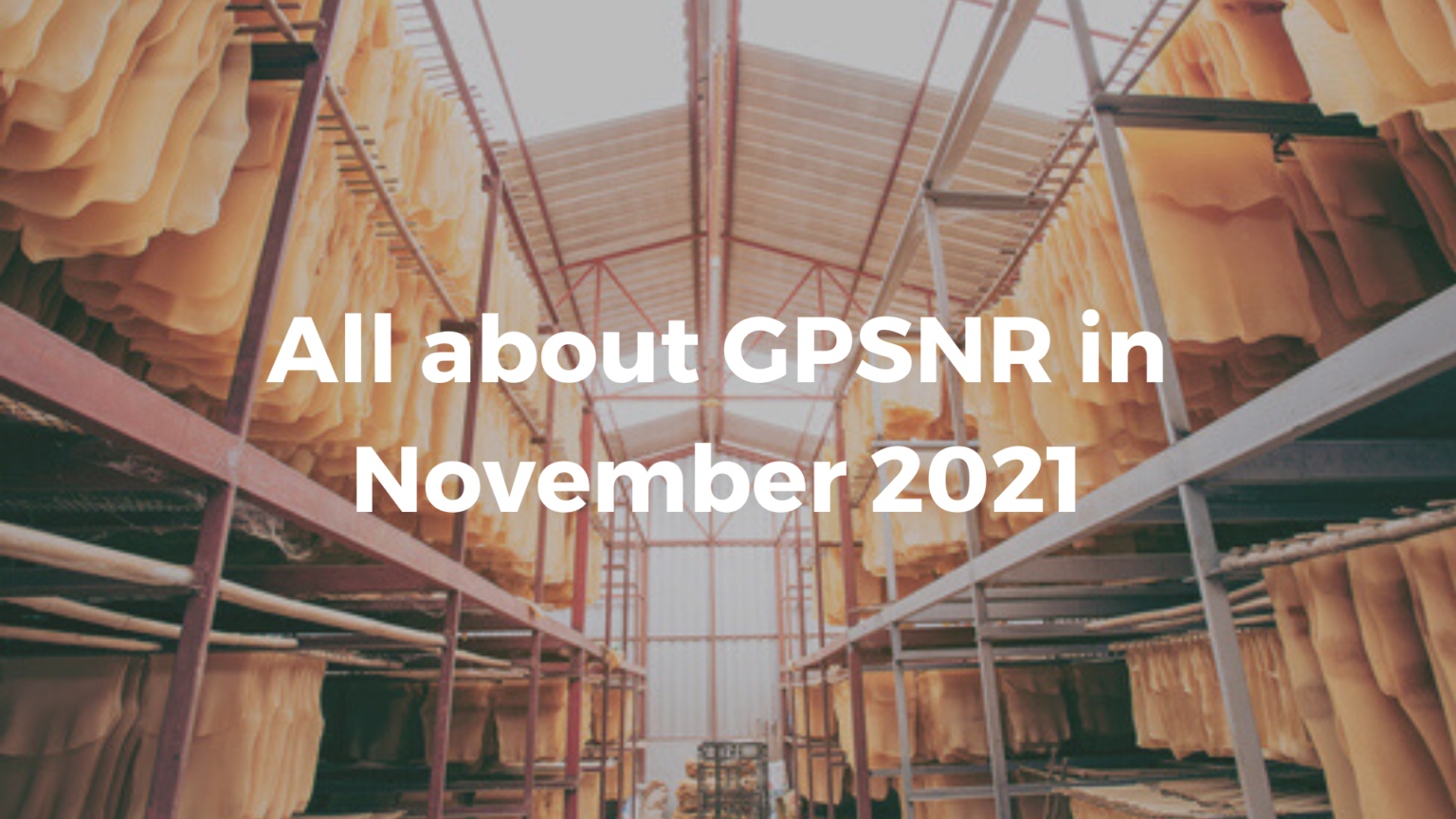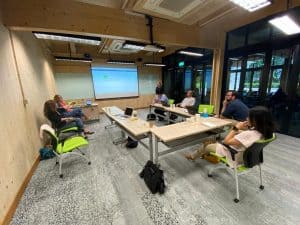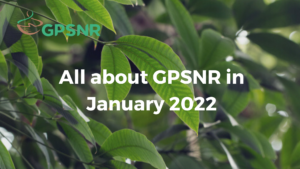It’s been a busy month, to say the least! If you haven’t had the chance to take stock of everything that has happened, here is the update:
Strategy and Objectives Working Group
The group has finalised the Theory of change, which is currently in the process of being designed for public communications. They have also published the Environmental Risk Study, which can be found here.
Currently, the group is working on developing the RFP for the Economic Risk Study.
Smallholder Representation Working Group
After three successful smallholder onboarding workshops for smallholders from Indonesia, India and Cambodia since July 2021, the working group completed three more onboarding workshops for Thailand, Ivory Coast and Sri Lanka.
More than 80 smallholders from all three countries participated, and the working group is now working on inducting those who apply for membership into the GPSNR ecosystem. The group is also busy with the fourth smallholder international call of 2021 on 25th November to prepare smallholders for GA 2021, as well as to seek smallholders’ views on plans for 2022.
Policy Toolbox Working Group
The group has finalised the reporting requirements which have been put up for vote to all ordinary members before the General Assembly on 14th December. Take a look at the resolution here.
Capacity Building Working Group
This month, the group worked on presenting GPSNR’s position on rubber agroforestry at COP 26 via the agroforestry Task Force and completed the first review of the GPSNR Good Agricultural Practices (GAPs).The GAP Task Force is now working on finalising the GAPs, including preparations for pre-GA webinar on 2 December 2021, while a separate Task Force has started work on commencing developments on the GPSNR Knowledge Sharing Platform. The work on the strategy review and implementation plans for Indonesia and Ivory Coast remain in progress.
Traceability and Transparency Working Group
This working group has finalised the traceability benchmark internally, and will be holding a introducing the document during the pre-GA webinar on 30th December 2021. The document will go out for broader consultation among the membership soon. The WG will also provide a summary of possible tools to the EC based on traceability studies conducted last year.
Shared Responsibility Working Group
The group has discussed and explored solutions to identified root causes for each focus area of shared responsibility. It is also continuing to draft activities and a framework for Shared Responsibility for integration into other processes such as the Implementation Guidance, which will include consultations with GPSNR members and WGs to ensure alignment on Shared Responsibility for the platform.






